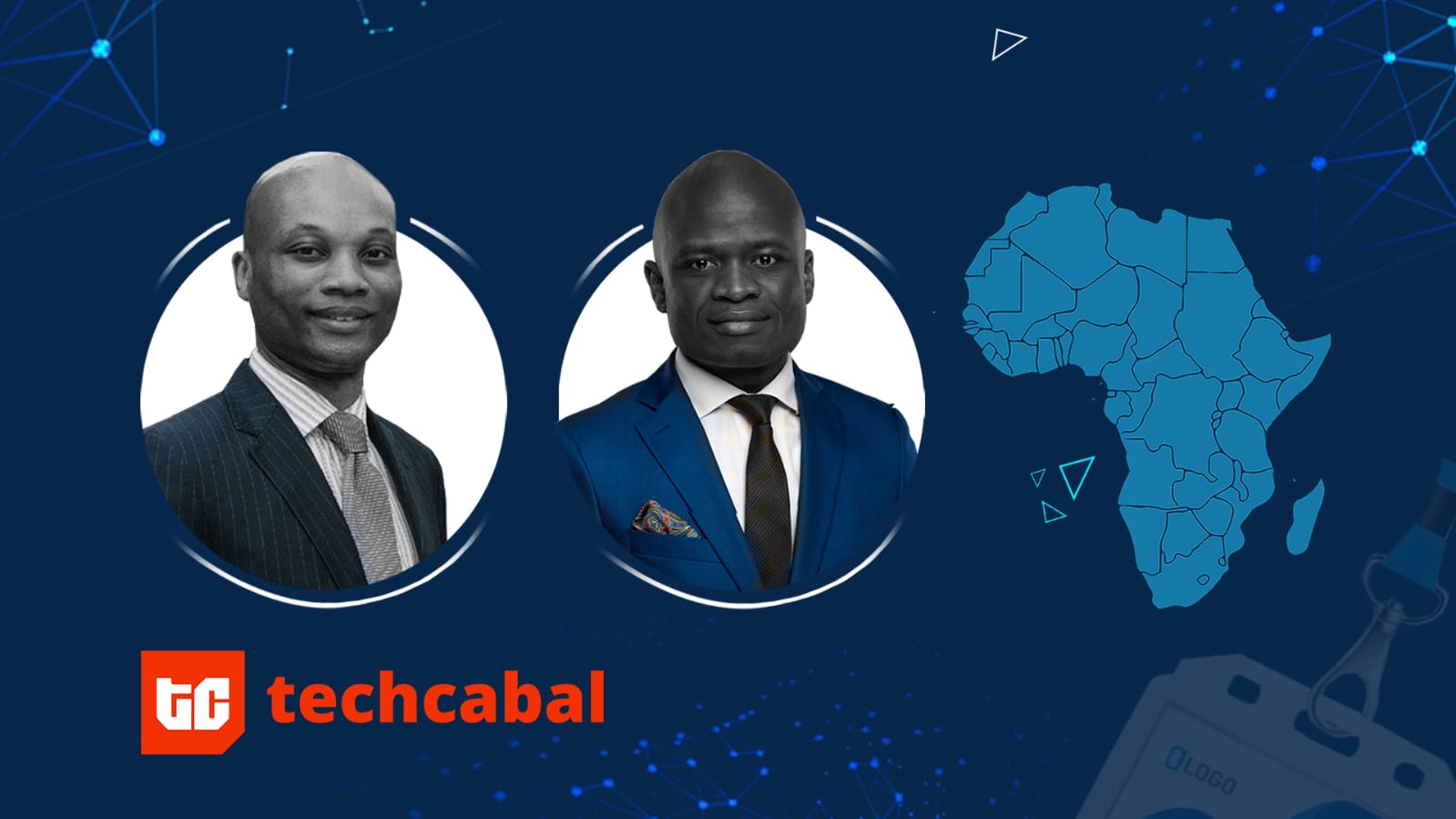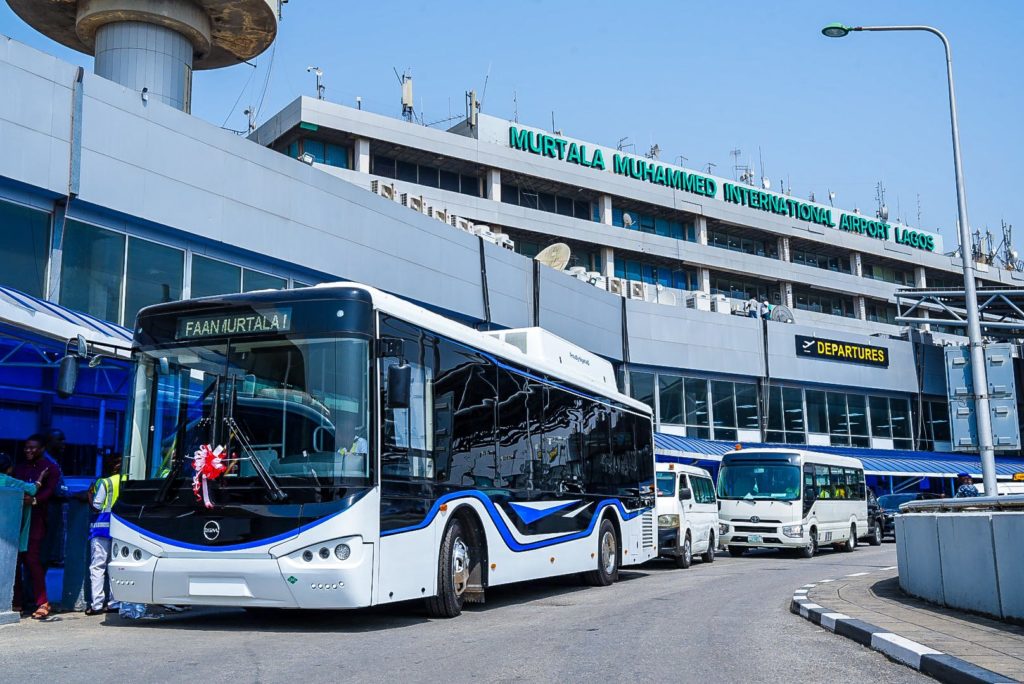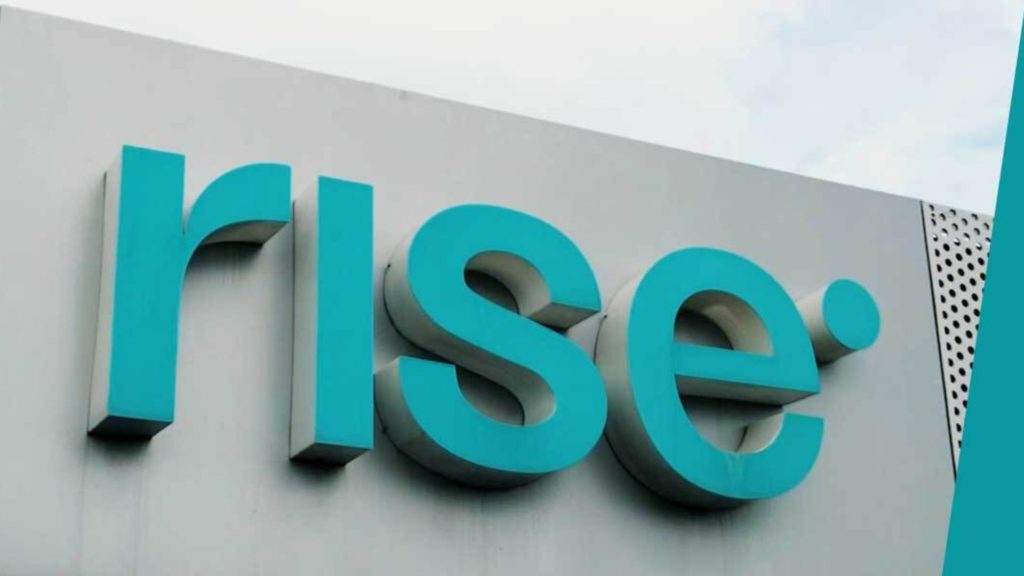In an exclusive interview for TechCabal, Noel K. Tshiani, founder of Congo Business Network, talks to Bienvenu Hounwanou, Co-founder and CEO of SamaPass, about his foray in the startup scene, the business environment in Senegal and things new entrepreneurs need to know before deciding to create a business.
Please tell our readers across Africa about your professional background.
Before taking the entrepreneurial plunge, I spent nearly a decade supporting telecommunications operators and banks in their organisational, digital strategy and management issues. Then, at the end of 2017, my brother Honoré (our Chief Technology Officer) and I launched SamaPass. We were joined later by Yannick (our Commercial Director).
SamaPass is a solution that allows users to buy tickets to concerts, cinemas and other experiences from their cell phones with local payment methods such as mobile money, money transfer and bank cards. For the past 3 years and in parallel to SamaPass, I have also been working with development banks on their marketing strategy and programs to support African entrepreneurship.
What inspired you to create SamaPass and what problem are you trying to solve?
When you are in Abidjan, Dakar or Cotonou, you are inevitably struck by the dynamism of these cities: a myriad of bars and restaurants, large lively markets, dense traffic (day and night), and festive evenings on the Dakar’s Corniche or the edge of the Ebrié Lagoon.
This dynamism often translates into cash transactions, sometimes endless queues and consequently, difficulty in accessing or sorting through all these experiences. This is what motivated us to create SamaPass, initially targeting the events sector, and then gradually expanding to include fuel passes, electronic toll booths and electronic wallets.
The idea is to use a complete back-office for merchants and organisers to simplify and secure access to these experiences for users, regardless of one’s mobile money operator or type of bank card.
What are the main lessons you have learned since becoming an entrepreneur and what challenges have you faced?
When you start a business in a multicultural environment, you learn to decode words, gestures, and smiles that, depending on the country, can have a radically different interpretations. You learn to go beyond the “your project is very interesting” to understand if there are opportunities to conclude a deal or not. You also learn to surround yourself with collaborators and partners who understand the local mentality better than you do. The challenges are perpetual and multiple but that is part of the adventure.
Based on your experience, in which country did you find it much easier to do business? And what are the two main things that could be improved there?
It was easier for us to develop our business in Senegal. Event organisers have been very receptive to our solution and we have a committed local partner connected to the ecosystem. One main point that could be improved is the social protection of micro-entrepreneurs. This point is not specific to Senegal and concerns most countries where the informal sector is predominant. During the Covid-19 crisis, events were cancelled and we saw how this accentuated the precariousness in which some event organisers already found themselves. But this is a broader public policy issue that needs to be addressed with a holistic approach.
What advice would you give to those considering launching a startup?
I would recommend 3 things. One, surround yourself with a great team and committed mentors. Two, imagine the worst possible situations and the fallback options you have (this will help you put into perspective the real level of risk because sometimes we tend to overestimate it). Three, invest yourself fully in your startup. Entrepreneurship is a rich and formative human adventure full of twists and turns. It deserves to be experienced, indeed.


















